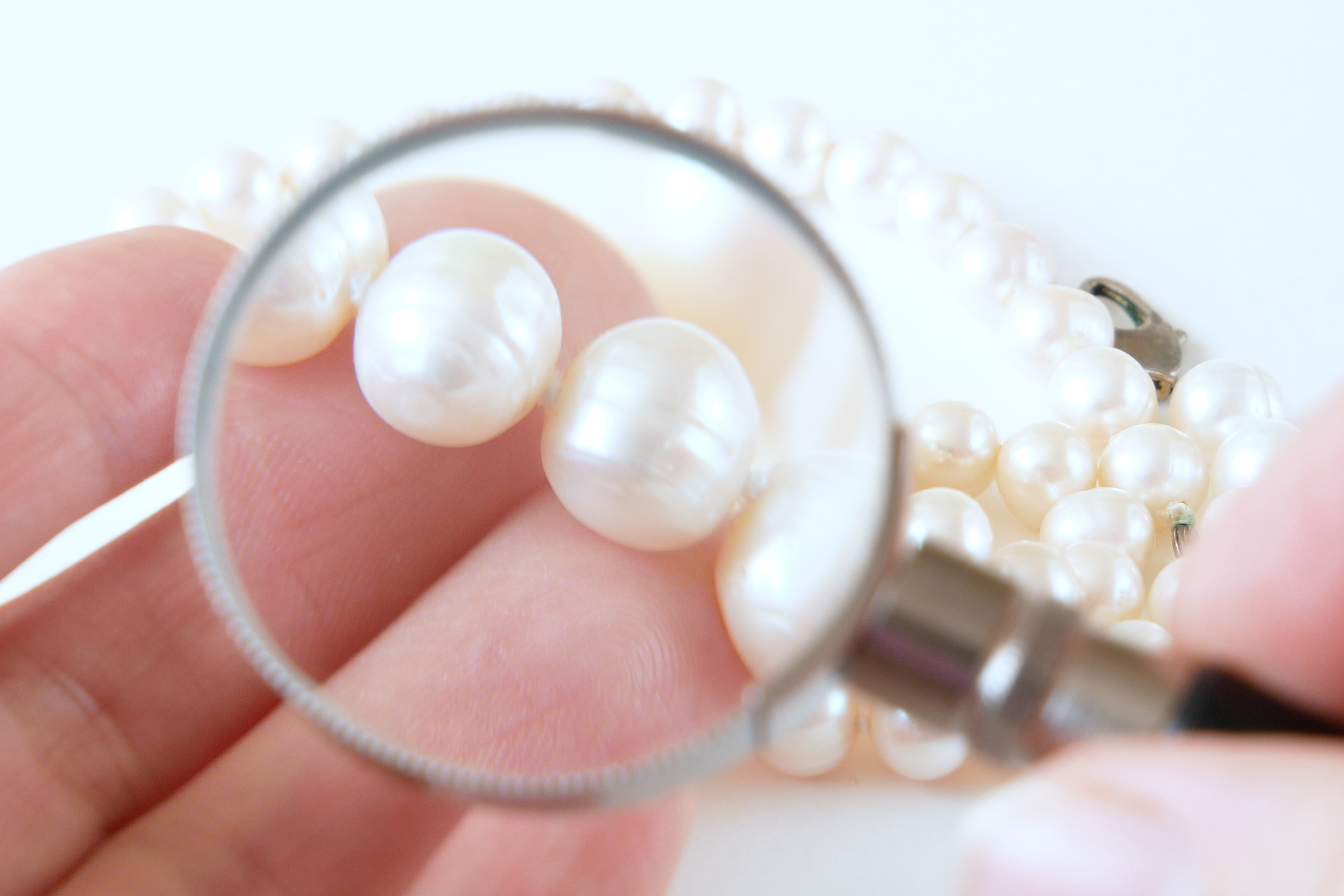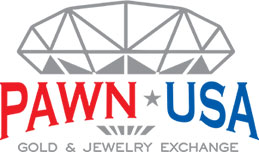- February 25, 2021
- Posted by: pawnusa
- Category: blogs

Being short in cash is a common scenario for most people, especially those who have to live from paycheck to another paycheck. One of the best common ways to secure quick cash is to sell or pawn valuable items to a pawnshop during a financial emergency. While getting a loan is probably the best idea, it can’t work for some people. Applying for a loan will require a good credit score. Those who don’t have a good score might end up getting declined. Pawning or selling your loved items to a pawn shop is a good idea for times like this.
Pawning or selling your items to a pawnshop means you can get cash quickly regardless of your needs and reasons. However, most people might think about how much they will get when they pawn or sell their items. This is just natural because no matter how much you need the money, you are about to surrender something that might be important to you. So, how does a pawn shop determine the value of your items? Well, the pawnshop will use different methods to assess the value of your item. Here are a few things you should take note of:
For general merchandise
You can sell any item to a pawnshop – as long as it has value, such as jewelry, watches, musical instruments, sporting goods, electronics, and even antiques. While a particular item is unique and important to you, it has a current market value, and the pawnbroker will base its price on that. The pawnbroker will assess the item based on its condition, the details such as its packaging and accessories. The pawnbroker may also base its value on the ongoing economic trends and predictions.
Value Databases
Before the internet, pawnshop owners solely depend on regularly published volumes or “blue books.” It provides the baseline resale values for almost all items. Some pawnshops even developed their guidebooks to assist their employees when it comes to assessment. These days, pawn shops are now relying on databases such as Orion Blue Book, and they might even consult auctions on eBay or Craigslist to get an idea of the current value for a specific item.
Gold and Jewelry
For items like gold, silver, and diamond, and any precious gems or stone, values by weight are published. Usually, pawn shops have an employee with expertise in dealing with gold and jewelry or familiar with cuts, clarities, carat weight, gems, and gold. Pawnshops are aware of the melt price for gold and silver and will appraise your item based on it.
Sentimental Value
Pawnshop owners have unique flexibility as they consider the seller or borrower’s situation. For repeat customers, pawnbrokers might place great value as they treat their customers as members of the community. It might not be the case for all pawnshops, but some pawnbrokers may offer a higher value on an item with sentimental value. For example, they will offer a higher price for an heirloom piece compared to an identical piece a seller just picked up at a garage sale.
When pawning or selling, it is important that you look for a pawnshop that provides you with the most honest and highest appraisal possible so you can get the best value for your item – especially if it’s an important one.
